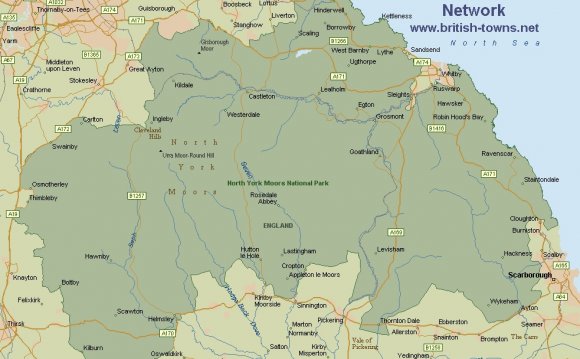
There are several different definitions of what a county is. These are the Ceremonial counties. Historically, the English counties go back to Saxon times, more than a thousand years ago. The county towns were always important, and you can see that many counties are named after their county town. They were the administrative centre for local government, the market town, and the largest town in the county. However, local government has been reorganised more than once, and now the county towns are not necessarily the adminstrative centre of the county. The industrial cities of Victorian times grew fast and outgrew the old county towns. In fact, some new counties have been invented to describe these large city areas, such as West Midlands or South Yorkshire. Even so, some of these county towns below are quite small. So to summarise, these towns may not be the largest town in their county, or the most important, or the oldest, or the market town, or the administrative centre. But they will be one (or more) of them. They are accepted as the county town, or the main town of the area. Please note that York is the county town of Yorkshire. Northallerton is the county town of North Yorkshire. Wakefield is the county town of West Yorkshire (rather than Leeds, which I originally had).
This is a simple map, not a game. I have marked the approximate position with a red dot. This is a little silly for big cities, since somewhere like London covers the whole of Greater London. The names of the county towns are in blue, and the county names in green. Scroll down to see the whole map.









